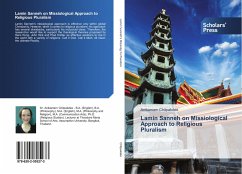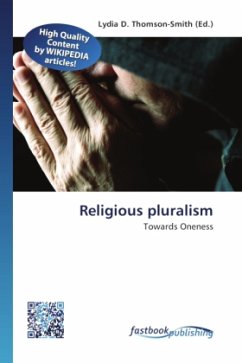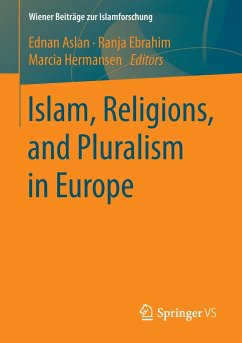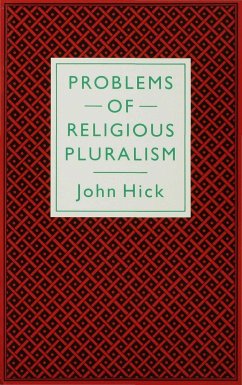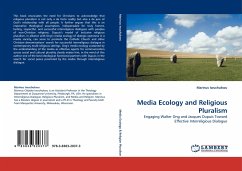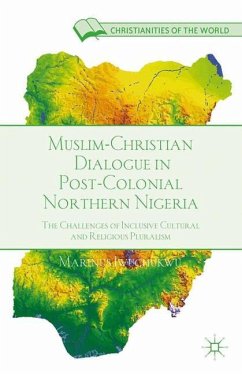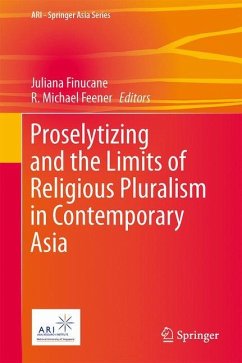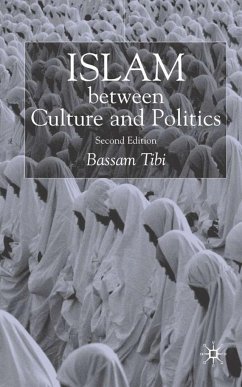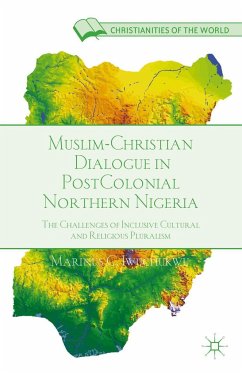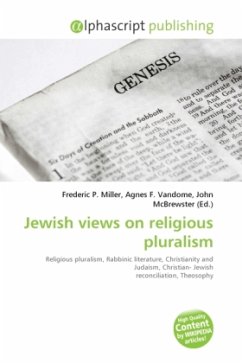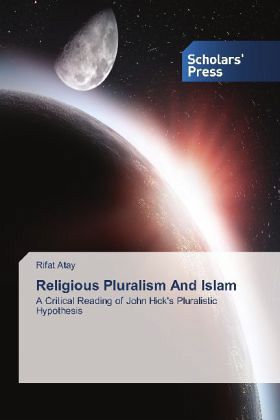
Religious Pluralism And Islam
A Critical Reading of John Hick's Pluralistic Hypothesis
Versandkostenfrei!
Versandfertig in 6-10 Tagen
49,99 €
inkl. MwSt.

PAYBACK Punkte
25 °P sammeln!
The book makes a full critical analysis of John Hick s pluralistic hypothesis from an Islamic perspective. To be able to do this, it begins with a survey of Islamic responses to the problem of religious diversity in the first chapter. It then starts examining Hick s pluralism by giving an extensive account of it. Drawing on the Kantian distinction of noumenon and phenomenon, Hick claims that great world religions, with their personal gods and impersonal absolutes, are phenomenal responses to the noumenal Real. After careful critical consideration, the book concludes that Hick s pluralism canno...
The book makes a full critical analysis of John Hick s pluralistic hypothesis from an Islamic perspective. To be able to do this, it begins with a survey of Islamic responses to the problem of religious diversity in the first chapter. It then starts examining Hick s pluralism by giving an extensive account of it. Drawing on the Kantian distinction of noumenon and phenomenon, Hick claims that great world religions, with their personal gods and impersonal absolutes, are phenomenal responses to the noumenal Real. After careful critical consideration, the book concludes that Hick s pluralism cannot be compatible with Islam, unless it is modified from three angles: the total ineffability of the Real must be replaced with a moderate ineffability , a hermeneutical reading of the holy texts should replace Hick s mythical approach, and Hick s primarily ethical soteriological criterion needs to be extended to include the ritual aspect of religion. This modified version is named moderate pluralism, which is compatible with Islam and offers a way forward particularly dealing with other religions.



